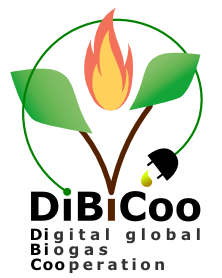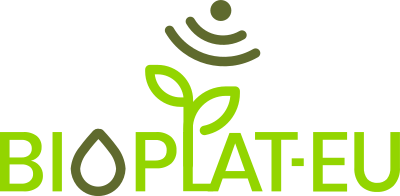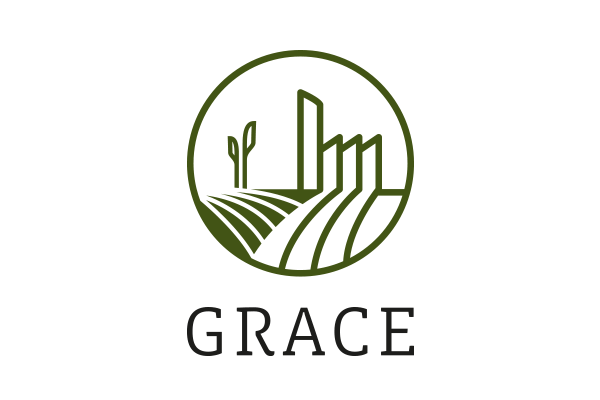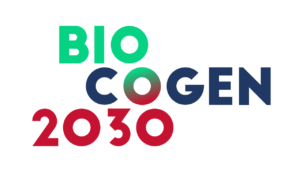Home > Networking
Related Projects —

The overall objective of this project is to develop integrated solutions to promote the sustainable market for Mediterranean solid biofuels for residential heating. The main tool to be developed within the project to promote a sustainabile market is the BIOmasud Quality and Sustainability certification System. The certification scheme, already existing from a former European project, was improved with the project in terms of fuels covered, sustainability requirements reviewed and more countries involved .

uP_running project aims to unlock the European strong potential of woody biomass residues produced by Agrarian Pruning and Plantation Removals and to promote its sustainable use as energy feedstock.
uP_running has been constructed with the ambition of being the prelude of a self-expansion of APPR wood utilization in Europe.

The main goal of AGROinLOG is the demonstration of Integrated Biomass Logistic Centres (IBLC) for food and non-food products, evaluating their technical, environmental and economic feasibility.
The project is based on three agro-industries in the fodder (Spain), olive oil production (Greece) and cereal processing (Sweden) sectors that are willing to deploy new business lines in their facilities to open new markets in bio-commodities (energy, transport and manufacturing purposes) and intermediate bio-products (transport and biochemicals).
The BIOFIT project will support and initiate bioenergy retrofitting opportunities in five industry sectors, namely first-generation biofuels, pulp and paper, fossil refineries, fossil firing power and Combined Heat and Power (CHP) plants.
Investigated bioenergy retrofits will thereby include bioethanol, biodiesel, bio-kerosene, intermediate bioenergy carriers and other advanced biofuels as well as renewable fuels and biomass-based heat & power generation.

Intermediate Bioenergy Carriers (IBCs) are formed when biomass is processed to energetically denser, storable and transportable intermediary products analogous to coal, oil and gaseous fossil energy carriers. They can be used directly for heat or power generation or further refined to final bioenergy or bio-based products. IBCs contribute to energy security, reduce greenhouse gas emissions and provide a sustainable alternative to fossil fuels in Europe.
The MUSIC project will support market uptake of three types of IBCs by developing feedstock mobilisation strategies, improved cost-effective logistics and trade centres. The investigated IBCs include pyrolysis oil, torrefied biomass and microbial oil.



The aim of REPLACE is to motivate and support people in nine different countries to replace their old heating systems with more environmentally friendly alternatives. Simple renovation measures that reduce overall energy consumption are also part of the programme.

The BBI demonstration project “GRowing Advanced industrial Crops on marginal lands for biorEfineries” (GRACE) is a 15 million € project, which aims at optimizing various miscanthus and hemp value chains. The consortium consists of 22 partners from universities, agricultural companies and industry. The project is coordinated by the University of Hohenheim in Stuttgart (Germany). It is primarily (12.3 million €) funded by the “Bio-based Industries Joint Undertaking” (BBI JU), a public-private partnership between the European Union and “Bio-based Industries Consortium” (BIC).
The goals of the project are to produce sustainable products with a strong market potential, to guarantee a reliable and affordable supply of sustainably produced biomass, and to better link biomass producers with the processing industry. In order to avoid competition with food and feed crops, miscanthus and hemp are cultivated on areas that have been polluted for example by heavy metals, or are unattractive for food production due to lower yields.

The SmartCHP research project will design and build a novel small-scale cogeneration unit to produce renewable heat and electricity from biomass.

BLAZE is a Horizon 2020 project to develop an innovative, highly efficient and fuel-flexible technology for combined heat and power from biomass. The project will demonstrate the use of an integrated biomass gasifier and fuel cell CHP plant, as cost-effective way to produce renewable electricity and heat from residual biomass.

BIOCOGEN 2030 is a stakeholder community dedicated to biomass-based combined heat and power (CHP) systems, in order to foster knowledge exchange, gather feedback on R&D activities and enhance networking in the area. BIOCOGEN 2030 was established as a joint initiative of the Blaze and SmartCHP projects.
https://www.blazeproject.eu/biocogen-2030/

